Used Wood Processor For Sale – People are not just looking for things that work well; they want products that elevate their environment and their experiences. With the rise of e-commerce, the accessibility of quality goods for sale has expanded exponentially. But the price of quality goods can often be a barrier for many. The focus on longevity and reliability is what sets these goods apart from their mass-market counterparts. For those considering buying a business, the appeal often lies in the opportunity to take over an existing operation and build upon its foundation. The longer something is used, the less likely it is to contribute to the growing problem of waste. The idea that everything has a price, and that everything is for sale, may seem like a grim outlook, but it’s one that has become increasingly true. But the financial aspect is only one part of the equation. They also have access to networks of potential buyers and sellers, which can help expedite the sale process and increase the chances of a successful transaction. These platforms provide a convenient way for sellers to connect with potential buyers, set their prices, and arrange for shipping or pick-up. It may have been passed down, carefully preserved, and lovingly maintained. In a world dominated by fast fashion, disposable electronics, and mass-produced items, many people are beginning to question the value of constantly purchasing new products. The digital age has also transformed the way things are bought and sold. Thrifted clothing, vintage furniture, and pre-owned electronics are often seen as more authentic and unique than brand-new, mass-produced items. In the realm of electronics, a quality product, such as a high-end camera or a premium laptop, can perform reliably for years, often outlasting cheaper alternatives. Whether it’s a high-end designer handbag, a gently used sofa, or a vintage record player, the price difference between a new and a second-hand item can be significant. The advent of these online platforms means that consumers can hunt for items they might have otherwise overlooked or been unaware of, sometimes at a fraction of the original cost. The internet, for example, has created a space where anyone can buy or sell almost anything, from physical products to intangible services. They believe that certain things, like love, loyalty, and friendship, should be above the reach of commerce. The adage “you get what you pay for” rings especially true in the realm of quality goods.
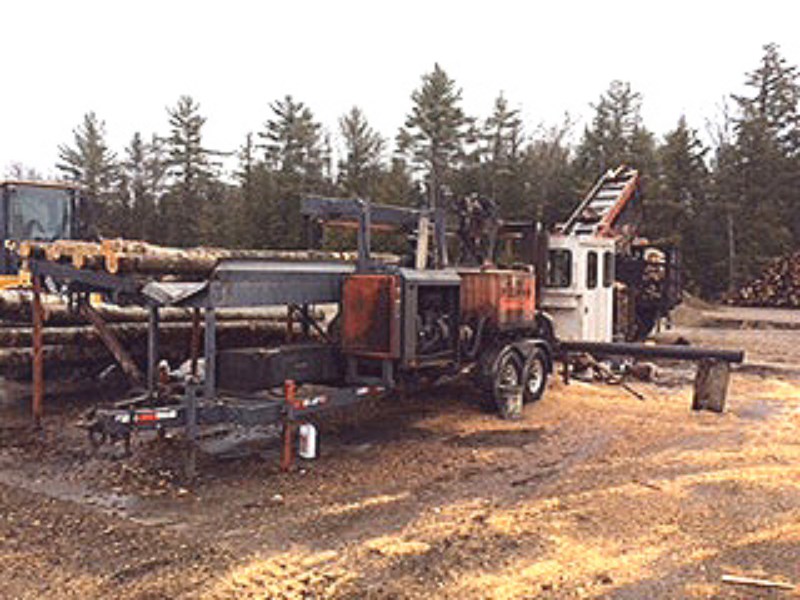
Firewood Processors (Used) for Sale Anderson Equipment Company
Knowledgeable staffthe place to list & buya full service process
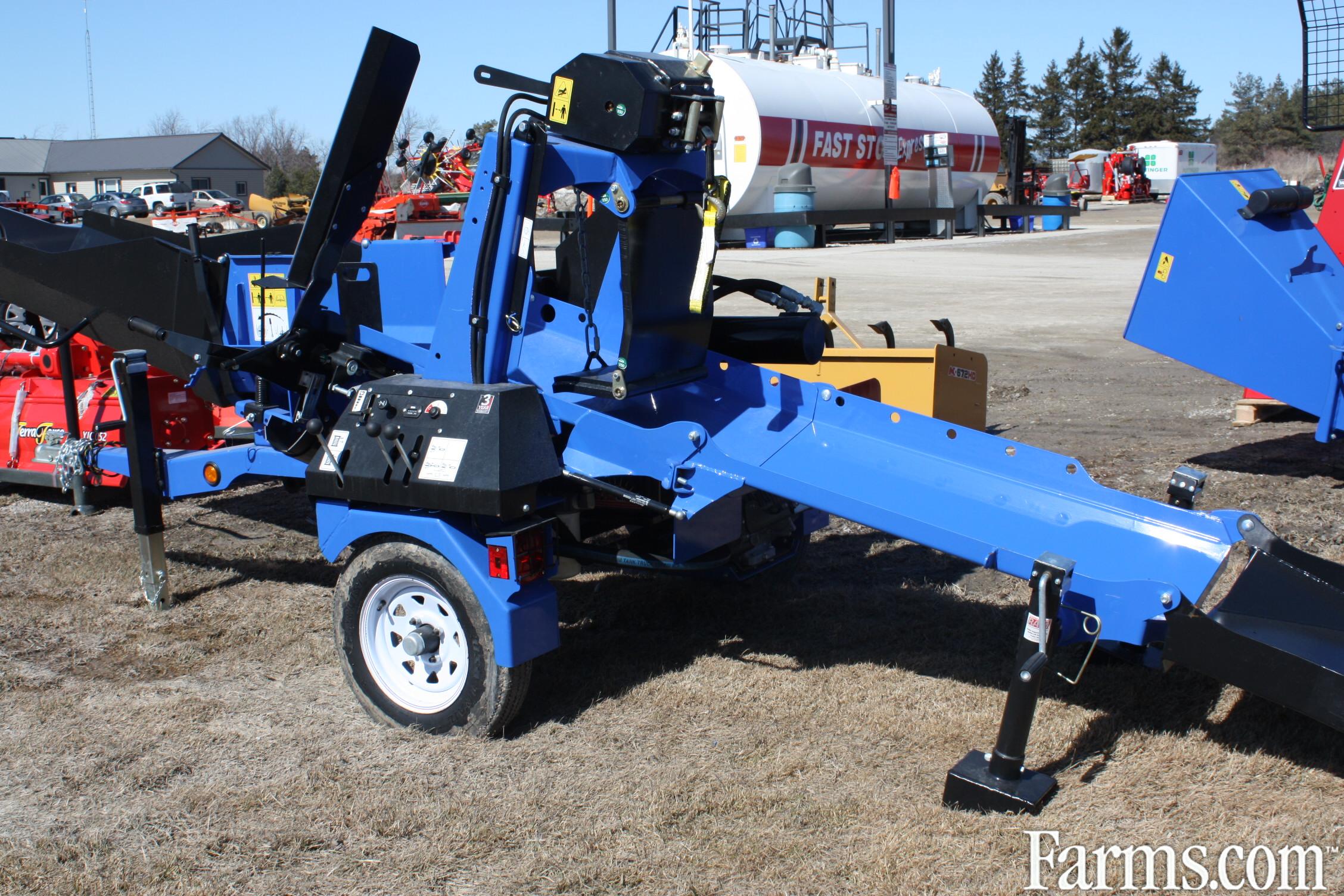
2015 Wallenstein WP835 Wood Processor for Sale
Knowledgeable staffthe place to list & buya full service process

Used Beaver Firewood Processor for Sale at Ben Jones Machinery
Knowledgeable staffthe place to list & buya full service process
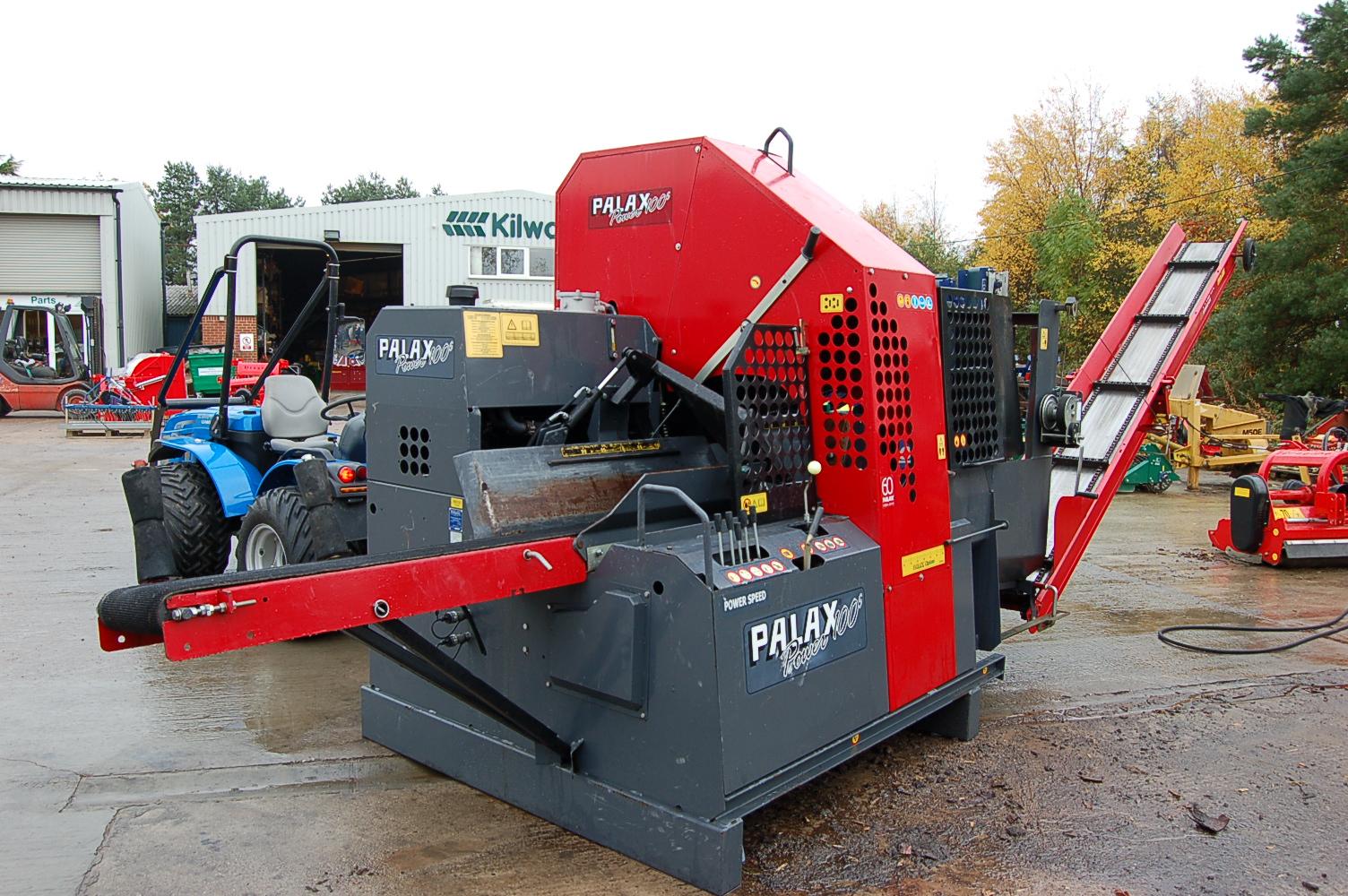
Palax Power 100s Firewood Processor SOLD Kilworth
Knowledgeable staffthe place to list & buya full service process

2019 DYNA SC16 Firewood Processor For Sale
Knowledgeable staffthe place to list & buya full service process

Firewood Processors for sale in UK 25 used Firewood Processors
Knowledgeable staffthe place to list & buya full service process
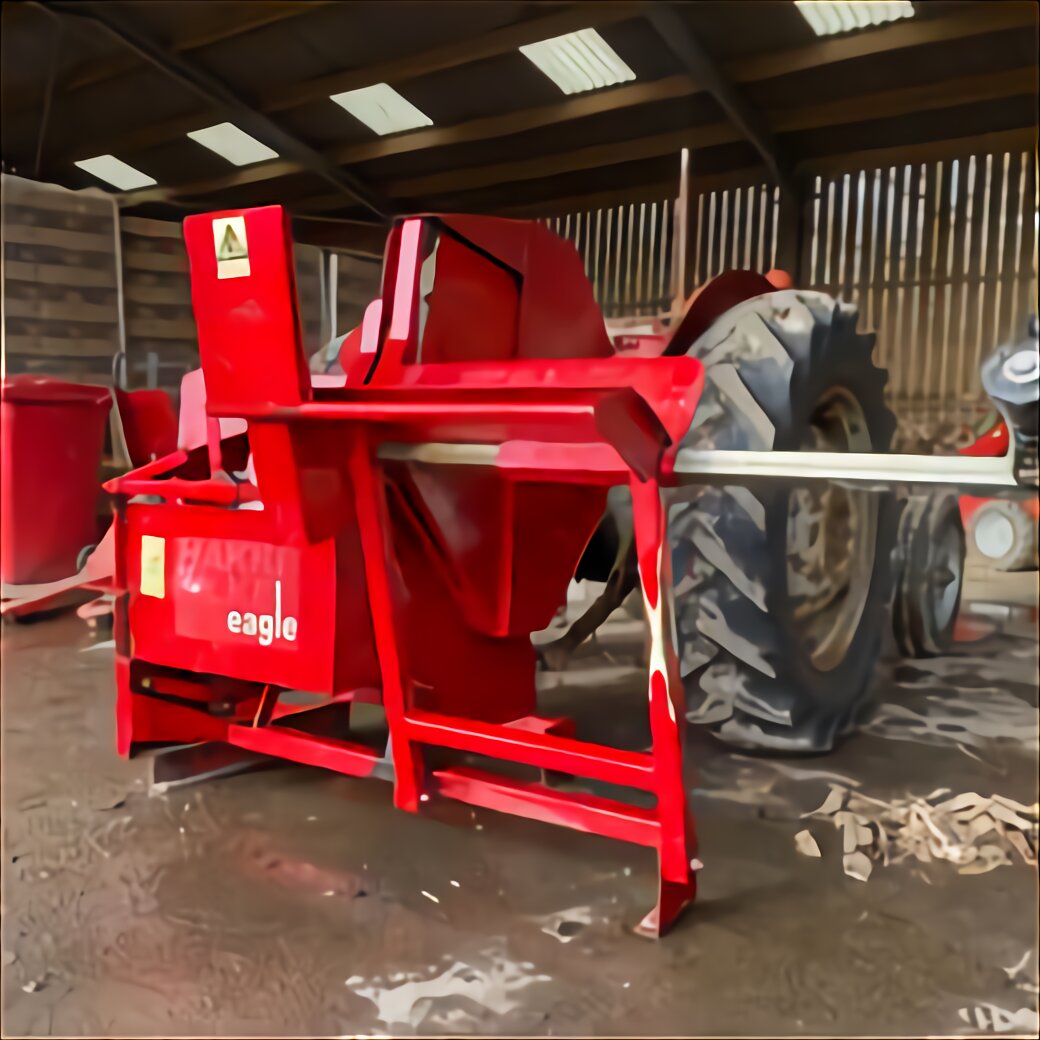
Firewood Processors for sale in UK 27 used Firewood Processors
Knowledgeable staffthe place to list & buya full service process
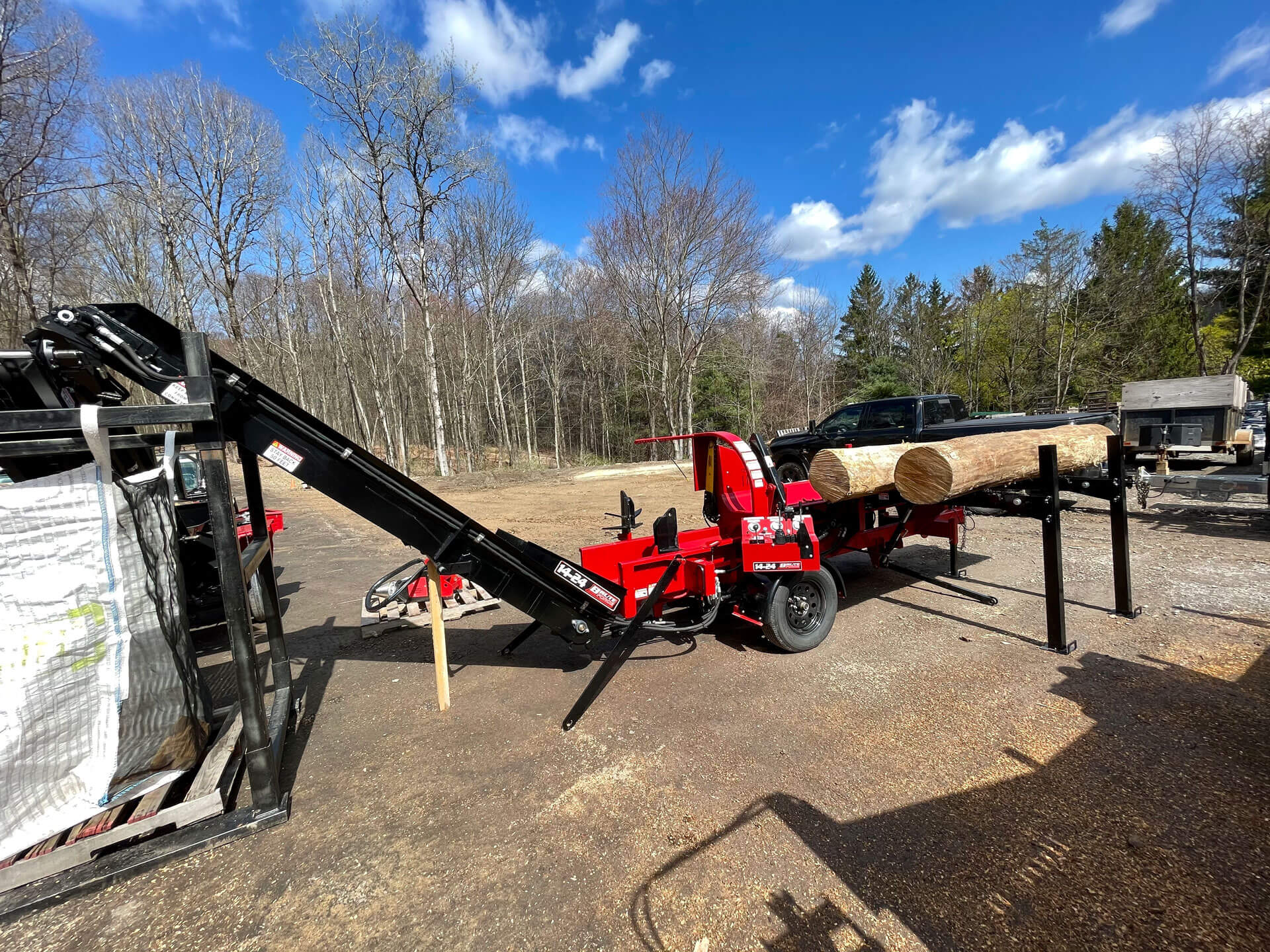
Brute Force SemiPro Series 1424 Firewood Processors Shaver
Knowledgeable staffthe place to list & buya full service process
2019 BuiltRite 18HP16 Firewood Processor For Sale
Knowledgeable staffthe place to list & buya full service process
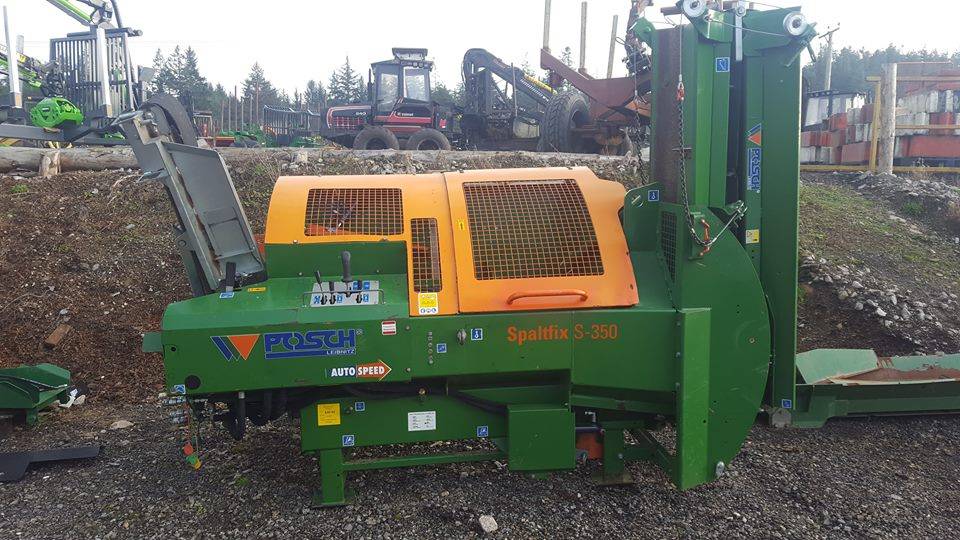
Used Firewood Machinery For Sale Jas P Wilson
Knowledgeable staffthe place to list & buya full service process
Whether it’s a rare collectible, a discontinued item, or a vintage piece of clothing, online platforms offer a global marketplace where buyers and sellers can connect over products that may not be easily found elsewhere. At its core, “for sale” signifies that something is available for purchase, but beyond that, it tells a story of desire, exchange, and transition. Whether it’s funding education, supporting homelessness services, or providing medical assistance, the money spent in second-hand shops can contribute to making a difference in the lives of others. It’s a phrase that, at first glance, may seem simple and straightforward. Unlike starting a business from scratch, which requires time to build a reputation and establish market credibility, buying an existing business means stepping into an environment where some of the groundwork has already been done. Websites and apps like eBay, Craigslist, Facebook Marketplace, and Poshmark have made it easier than ever to find second-hand goods for sale, offering a wider selection and more convenience than traditional brick-and-mortar stores. It can be a metaphor for much deeper exchanges in life. For the buyer, there is the risk of inheriting a business with hidden problems or liabilities that were not disclosed during the due diligence process. For the seller, the goal is to achieve the highest price possible for the business, while for the buyer, the goal is often to secure a fair price that reflects the true value of the business. The decision to sell an heirloom piece of furniture, for example, can be emotionally complex, as it involves a shift in one’s connection to the past. But even as we wrestle with the implications of living in a world where everything is for sale, we also see that this reality is not entirely negative. But what about the intangible things? Can memories be bought? Can feelings, emotions, or connections be traded? In a sense, many people would argue that in today’s world, even the intangible is up for grabs. When an item is marked as “for sale,” it enters a space where value is defined not only by the object itself but by the context in which it’s placed. For people looking to furnish their homes, build a wardrobe, or invest in certain hobbies or collections, second-hand goods often provide a way to access items they might otherwise be unable to afford. For example, someone might be able to purchase a used smartphone or laptop with the same features and specifications as a brand-new model, but at a significantly reduced price. Similarly, vinyl records have experienced a resurgence in recent years, with collectors seeking out rare albums and vintage pressings. The object becomes more than just an object – it transforms into a transaction, an exchange of value. The environmental benefits of buying second-hand goods go beyond just reducing the need for new production. This practice is an essential aspect of sustainability, as it helps conserve resources and reduces the amount of waste sent to landfills. Additionally, brick-and-mortar thrift stores and consignment shops provide a more traditional avenue for selling second-hand goods.
Negotiation is often the most delicate part of the sale process. A piece of furniture, for instance, may hold sentimental value simply because it’s been in the family for generations. For some, the thrill of hunting for unique, one-of-a-kind items is as much a part of the experience as the purchase itself. The ability to share knowledge, ideas, and resources has empowered individuals in ways that were previously unimaginable. It’s a moment of transition, and as with all transitions, it brings with it both excitement and uncertainty. These platforms allow buyers to browse listings, access detailed business profiles, and initiate contact with sellers, all from the comfort of their own home. When you buy something made from premium materials, crafted with attention to detail, and tested for reliability, you can expect it to deliver value that surpasses its initial cost. The growing interest in second-hand goods can also be attributed to shifting cultural attitudes toward consumption. But in reality, even the most profound relationships can be commodified in some way. This has made it easier for people to find items that might have otherwise been out of reach, whether it’s a rare collectible, an antique, or a product from another country. The concept of “for sale” stretches beyond physical items. Selling such an item can be a difficult decision, yet it often represents the practical need to downsize or make space for something new. When it’s put up for sale, it can bring with it a sense of loss, as if a piece of the seller’s life is being taken away. They are investments, not just purchases, and their value is often felt long after the original transaction has ended. When an item is marked as “for sale,” it enters a space where value is defined not only by the object itself but by the context in which it’s placed. People can be bought and sold in the form of labor, for example, and loyalty can be traded for material gain. When someone buys a second-hand item, whether it’s a piece of furniture passed down through generations or a retro jacket from a bygone era, they are not just acquiring an object; they are connecting to a story, a memory, or a cultural moment. Some goods, like a fine Swiss watch, carry decades or even centuries of tradition, built on a reputation of precision and excellence. These goods, ranging from clothing to furniture, electronics to books, offer people the chance to find items they need or want at a fraction of the cost of new products. It is only through diligent research that a buyer can truly determine whether the business is worth the asking price.